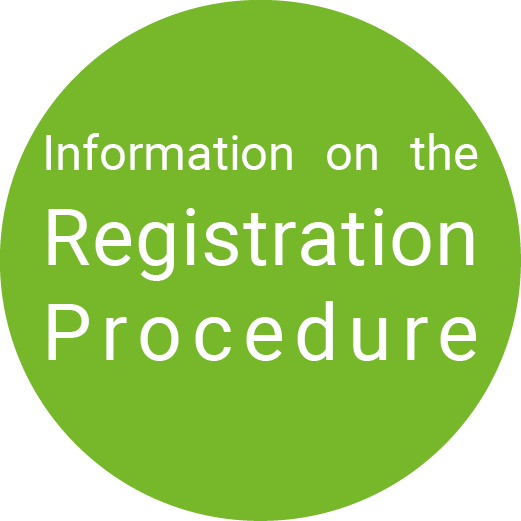Registration period lottery:
21.10.25 (12 noon) –
24.10.25 (12 noon)

If places are available – registration possible until: Currently not possible
Empirical research plays an important role in many degree programs and theses. It is an essential component of academic work and a source of surprising insights. The process from developing an empirical question to data collection and data analysis is complex and involves a large number of decisions that influence the success or failure of a study. Often, seemingly unimportant decisions from the beginning of a study turn out to be very relevant in the end – and in the most unpleasant cases, mistakes. At the same time, many problems can be anticipated at an early stage and avoided in advance. The workshop will focus on this and a basic understanding of empirical research.
After attending the one-day workshop
- you will have an overview of typical research processes and research logics
- be familiar with central methodological approaches and be able to categorize them fundamentally
- be able to reflect on how decisions made during the research process affect the success of a study
- have an idea of how you can plan your own empirical projects
- know where to find further information and support options
The workshop will focus on both qualitative and quantitative approaches and methodsand the associated differences in planning and implementation.
The event will be highly interactive. Participants from different disciplines will report on their experiences and use concrete examples to jointly develop interdisciplinary insights into conducting empirical research projects.
Workload for ECTS:
1 ECTS:
- Preparation for the workshop (material will be made available by e-mail 2 weeks in advance, approx. 10 h working time)
- active participation in the workshop
Lecturer:
Alexa Maria Kunz: The sociologist with a penchant for empirical, especially qualitative research deals with student lifeworlds, interdisciplinary education and university organization. Thanks to interdisciplinary and participative projects, she is familiar with different working cultures. According to the motto “knowledge increases when it is shared”, she is looking forward to interactive events about (qualitative) research and the question of how collaboration can succeed and projects can be enjoyable. At the HoC, she heads the methods lab and is deputy managing director
Michael Mäs is a proud sociologist. His research focuses on complex systems such as social networks on the Internet, which he investigates using formal approaches and quantitative methods of social research (surveys, network analysis, laboratory and field experiments). He has published in the fields of sociology, economics, physics, biology and computer science, among others.
Apppintments:
16.01.2026 10:00 Uhr – 16.01.2026 18:00 Uhr (50.41 Raum 145/146)
Literature:
Keine Literaturangaben.

